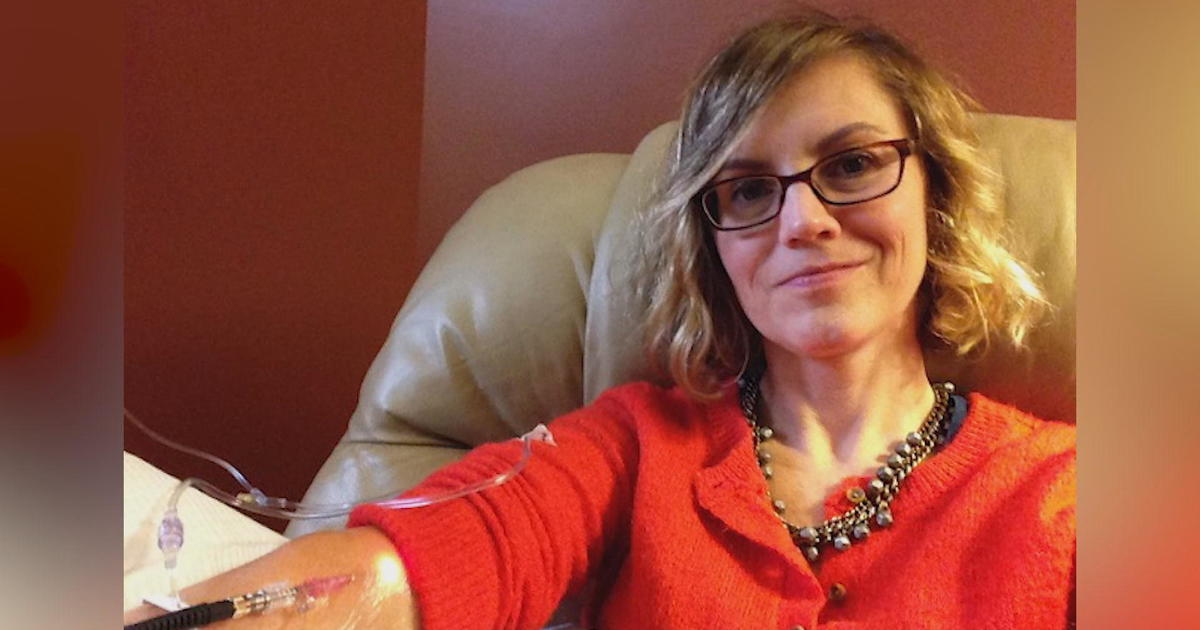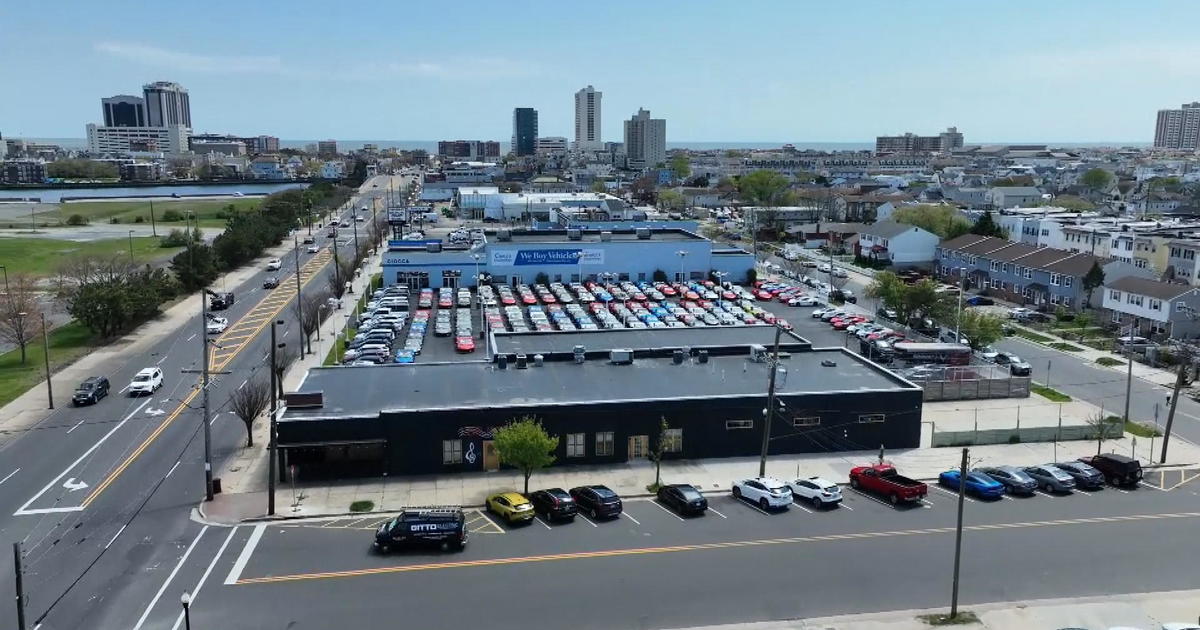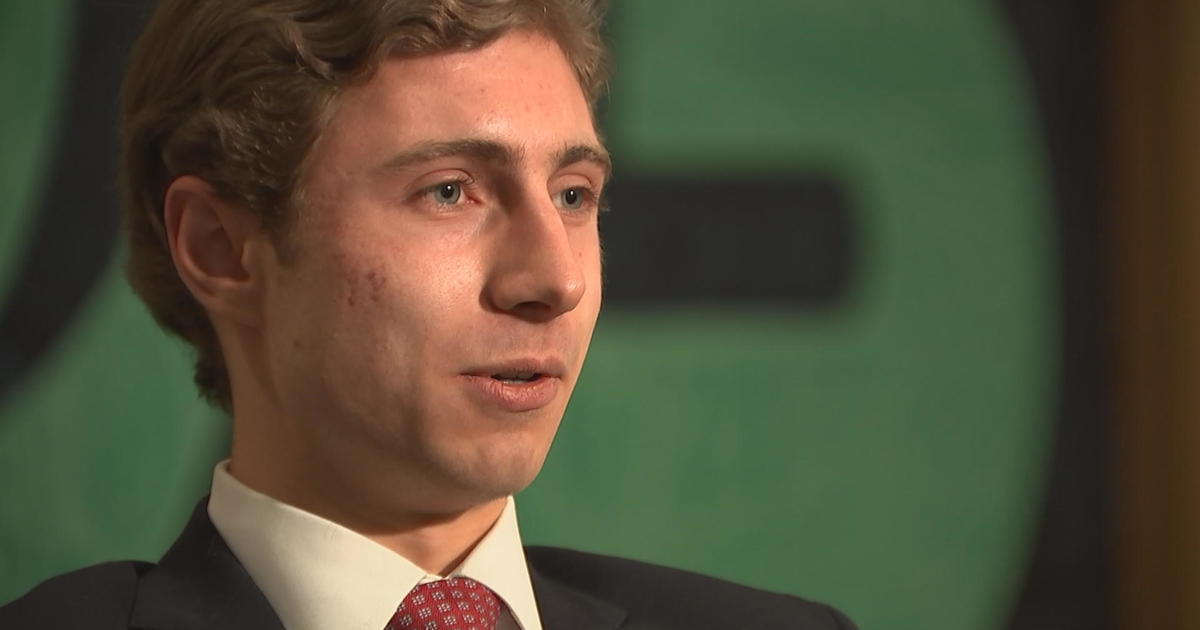Health: Zap Your Snoring
By Stephanie Stahl
PHILADELPHIA (CBS) -- Zap your snoring with a quick trip to the dentist. Health reporter Stephanie Stahl has more on the treatment with no downtime and very few side effects.
For many people, there's only one way to describe snoring. "It is a nightmare," said Lana Vilbaum.
Lana knows all about the agony of sleepless nights because of her husband Dmitry's snoring.
"I kick him," Lana said. "Then I have to wake him up and ask him to turn. So then he is awake, I'm awake."
Because of his snoring, they're both suffering from exhaustion. It's a problem for millions of Americans.
"It takes a while to get up to speed, to get your energy in the morning," Dmitry said.
"I'm tired, I'm tired when I wake up," Lana said.
Those days could soon be over. Some dentists now have a new treatment that can stop snoring.
Dr. Lana Rozenberg said, "This is a wonderful, wonderful tool to help people."
Dr. Rozenberg is using a special laser called Nightlase. Heat from the laser tightens tissue in the back of the throat. That allows air to flow more freely, which in turn stops the snoring.
"It really is an amazing breakthrough, and I think it's going to help lots and lots of patients to get better sleep," Dr. Rozenberg said.
This laser only treats snoring, not sleep apnea.
After the first treatment, which is done without anesthesia, the Vilbaums were impressed.
"It's a miracle. It's a medical miracle," Dmitry said. "For me, it's a dramatic improvement in life. I wake up in a better mood. I wake up more energetic. And you know my wife is happier, significantly happier. It's just better quality of life."
"I think it's life-changing," Lana said.
Three sessions over four to six weeks are usually needed, costing between $1200 and $1500.
"There's no downtime. There's no cutting, no bleeding, there's nothing scary," said Dr. Rozenberg.
"It made my life a lot better," said Artem Kuznetsov. He recently finished the treatment with another dentist. He's no longer snoring.
"It's gone," Artem said. "As I see it, I'm completely cured."
In most cases, Nightlase is not covered by insurance. And the results are not permanent. The treatment usually has to be repeated within two years.



